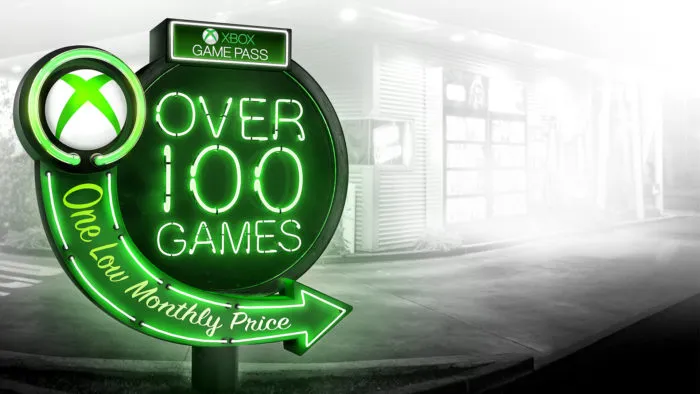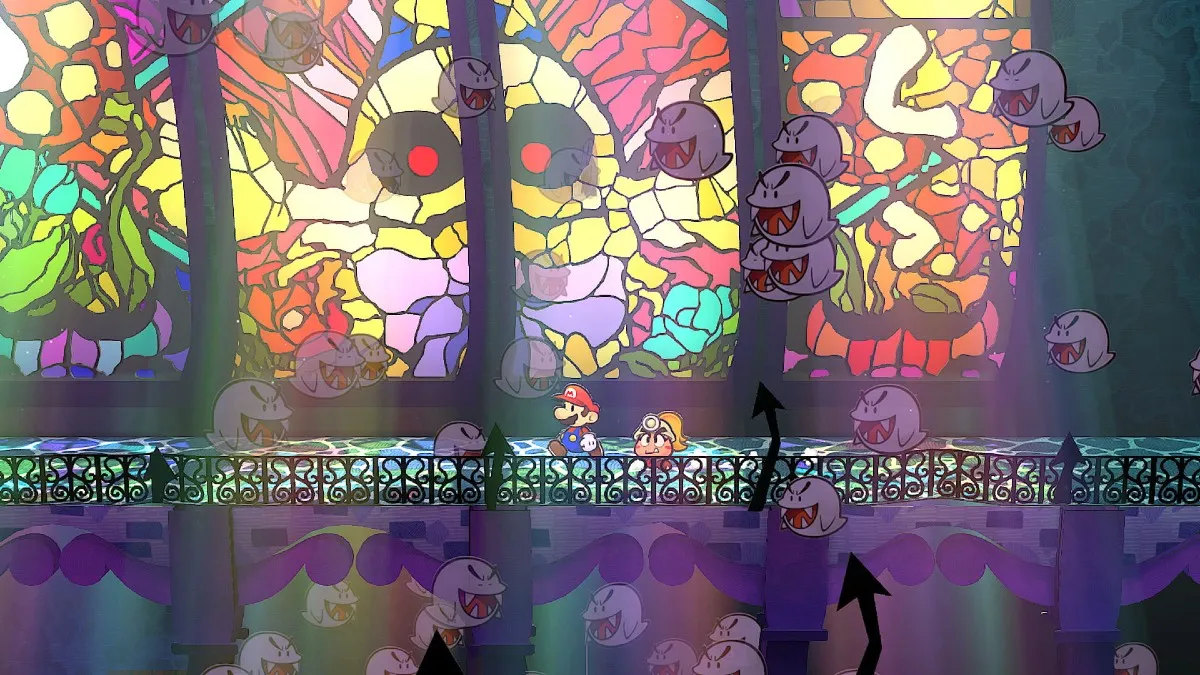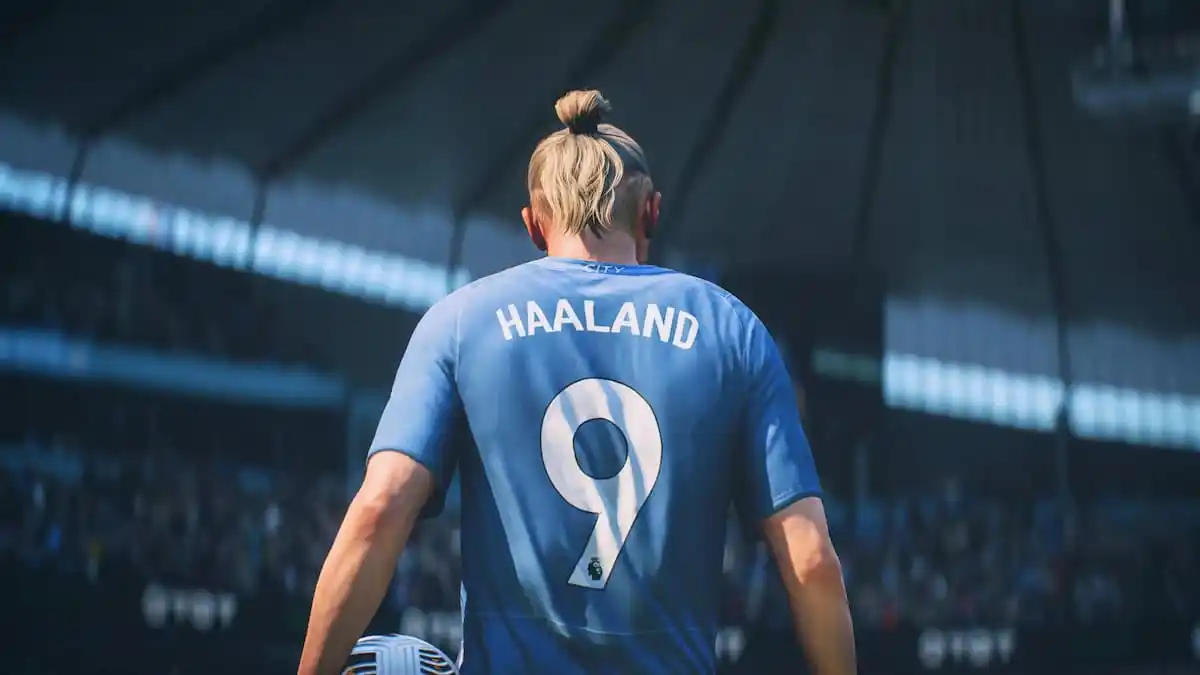When Microsoft first announced its Xbox Game Pass program, it was perceived as a service that offered decent value but wasn’t necessarily one that was essential to own. On the one hand, the low monthly subscription price of $9.99 granted digital access to about a hundred games in the Xbox library. Yet the titles on offer typically comprised older, less sought-after games. In the end, Game Pass felt like a niche service for the hardcore rather than a must-have.
However, with the recent announcement that all Xbox exclusive titles would be available via Game Pass on day one, Microsoft has suddenly made the service substantially more appealing.
Sony has been toying with the streaming concept for a while now, but PlayStation Now has hardly proven a feasible way to play games. Not only does it suffer from a limited selection, streaming games to play them simply isn’t viable for a huge proportion of players who don’t have stable internet connections. With the Xbox Game Pass, Microsoft has addressed that issue by eliminating the need to constantly stream a game. By implementing a system that lets you instead play a game with a one-time download, Game Pass works much more effectively. Importantly, with the introduction of first-party AAA games to its library moving forward, it could very well have a significant impact on the industry. Just as Netflix and Spotify have done for TV and music, Game Pass might very well reinvent how we approach ownership in the gaming medium.
Even media streaming services like the aforementioned Netflix and Spotify didn’t achieve their success overnight; these services were made popular when they started offering media to consumers on the day of launch. And in Netflix’s case, the introduction of original series to keep subscriptions going. By including AAA exclusive titles in the lineup, Microsoft is attempting to replicate Netflix’s success with Game Pass. Instead of focusing on developing games with the hopes of selling more copies and hopefully catching up with its main competitor, Microsoft is now shifting that focus in an effort to maintain monthly subscriptions and keep players coming back for more. It’s a bold move, to be sure, and it certainly won’t be without its own headaches. But it’s clear now that Microsoft is working towards a digital future – one that continues to build on their Windows ecosystem – and this just might be the best move to make.
If we’re being completely honest here, Microsoft’s Xbox exclusive titles haven’t been able to match up to those of Sony’s. There have been some gems like Cuphead, but by and large, they haven’t offered anything in the past five years with the same amount of punch and staying power as, say, Uncharted or Horizon Zero Dawn. The console’s upcoming exclusives Sea of Thieves and Crackdown 3 are mired in uncertainty as well, the latter even more so, and it’s hard to imagine those games being able to compete on the same level as Sony’s first-party offerings, sales-wise.
Xbox Game Pass offers the company an out of sorts. While consumers might be more inclined to save their money for the upcoming God of War game on PS4, Game Pass is a very attractive alternative that encourages them to check out Sea of Thieves before then. With the game set to be available in the Game Pass lineup when it launches in February, why wouldn’t you shell out $9.99 (plus an Xbox Live subscription) to see what Microsoft and Rare have to offer? The subscription doesn’t just give you Sea of Thieves, either; you’re also paying for digital access to a whole library of older Xbox games, available for download whenever you want. As long as you maintain that subscription, of course.
While Sea of Thieves certainly doesn’t look like a bad game by any stretch of the imagination (on the contrary, it’s fun as hell), Game Pass is a way of attracting more players and a larger audience to come take a look at Microsoft’s first-party exclusive titles. If consumers like what they see, perhaps they’d be more inclined to stick around with Game Pass, and perhaps the positive reception would encourage Microsoft to spend more time and money on better quality exclusive games in the future.
The idea of Game Pass itself is also a boon for the Windows ecosystem and Microsoft’s Play Anywhere program. When the company first announced Play Anywhere, along with Windows 10 connectivity, it was clear that they knew they weren’t going to catch up to Sony in terms of lifetime console sales. Instead of trying to fight that losing battle, Play Anywhere means that anyone with a PC would be able to play Xbox One exclusives, with a few exceptions like Halo 5. Still, by bolstering the Game Pass lineup, this allows the company to peddle its exclusives to people who don’t own Xbox Ones at a very attractive price as long as the game in question is supported by Play Anywhere.
Yes if the title is Xbox Play Anywhere you can play the PC version too if you are a Game Pass member.
— Aaron Greenberg 🙅🏼♂️💚U (@aarongreenberg) January 23, 2018
This business model does bring about its own fair share of complications. For instance, retailers aren’t exactly thrilled with the Game Pass announcement. That much is obvious, considering that consumers would be far more likely to shell out $9.99 to play the latest exclusive instead of paying full price for it. And if Game Pass is supposed to be Netflix for games, there’s also the worry that the lineup might get shuffled up every now and then, and you wouldn’t truly be able to own a game via your monthly subscription. Microsoft issued a statement to Eurogamer, mentioning that they are “adding these new Xbox One exclusive titles to the service with the intention of them being a regular part of the value for being an Xbox Game Pass subscriber.” As Eurogamer notes, it’s not really a definitive response, but it does provide some assurance that the exclusive games will stick around for quite some time.
At the end of the day, Microsoft’s digital-only vision is the inevitable future of the gaming space. Players are already transitioning more and more to digital downloads over physical copies, enjoying conveniences such as pre-loading new releases. Microsoft’s Game Pass is simply another innovation that better facilitates the realization of that future. Its success will ultimately determine whether its competitors will follow in Microsoft’s footsteps, but the sheer value of the service points toward potentially millions of subscriptions, and ultimately, phenomenal amounts of revenue for Microsoft. Will there be long-term implications for its implementation of Game Pass? We can’t be sure. At least in the short term, though, Game Pass is a pro-consumer business model that looks set to offer gamers tremendous value.




